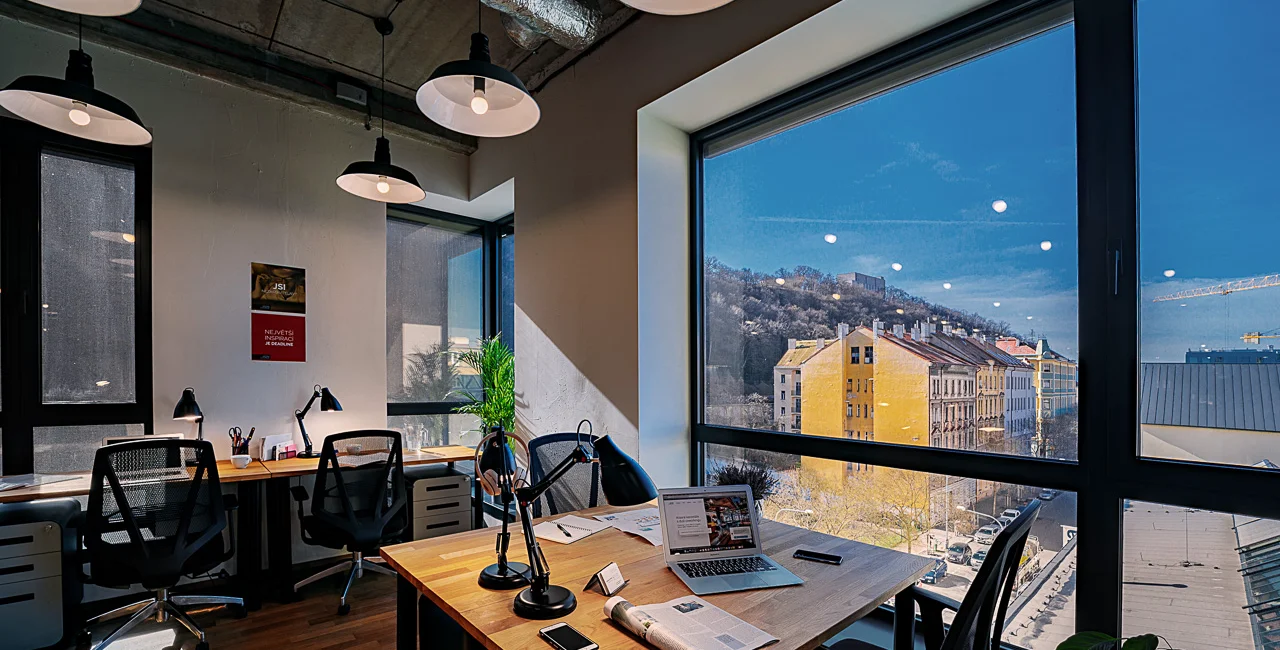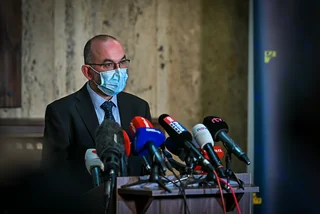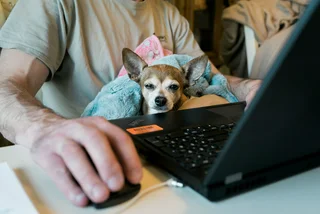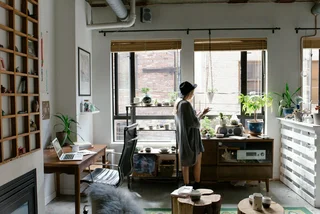The world of work has changed dramatically this year due to the coronavirus pandemic sweeping the globe. Current measures in the Czech Republic mean many are working from home and while some people have adapted to their new surroundings, others have found the transition to this new reality slightly more challenging.
One solution some people have turned to is using a shared office space, but how has that industry fared since COVID-19 came on the scene?
Lubomir Silhavy is the owner of the WorkLounge in Prague, with two sites in the capital, one on Václavské náměstí and the other in Karlín.
He explains that back in March when the first full lockdown to place in the Czech Republic, it was a particularly uncertain time.
“In March, we basically had to close the facilities because the virus was new for everybody and the people didn't know what to do or how to act.
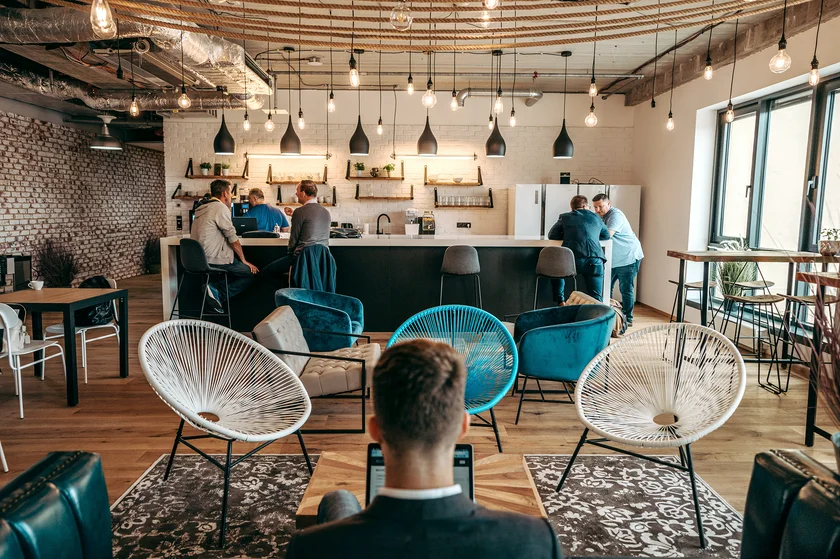
“Everyone was scared. At that time, I just came from the US and I stayed at home myself personally for at least one and a half months because I was scared. I didn't know what would happen and of course, that has impacted the business of everybody pretty much and we have decided at that time that we will use this time for preparing us for the new after Covid season.
“So, we made a new webpage have done some advertising strategies, some new marketing strategies. When the government restrictions were lifted in June we started with a new advertising push, and I have to say that people who cancelled their contracts in April and May, our occupancy went down like 50% but during the summer, we were back again at one hundred percent occupancy or 98 - 95 percent in September, but then the second wave came.”
The country has been under a state of emergency since October due to the pandemic, with the government extending restrictions this week, so they will be in place until at least Dec. 12.
As well as being a shared office space, the Karlín branch of WorkLounge, in the past, hosted a number of events and Silhavy says this is something he is reluctant to lose.
“We have done here a lot of activities around not only offices, but as well, events. The place started to be very popular on the events which were being organized here."
“The space was rented by third parties quite a lot and that completely stopped."
“So this is a gap in our turnover, which we see and we don't know when this will be replaced, because nobody knows when we can start again, with events. I don't think it will be before the end of the year.”
And what of the people who use this space? Some have come and gone but for Pavel D. Bartoš and Petr Mandík who work at Happyend in one of the offices, they aren’t being massively impacted by the pandemic.
Bartoš said: “We both have families with small kids and small apartments so it was very difficult for us to work from home, so we were both really happy that we could be here as the space was still open.
“It was safe and friendly, so we’ve been here the whole time. In the toughest and roughest moments there were about seven of us in the whole lounge.
Mandík added: “Now it’s better because there are more people than before but it’s a very different situation than the months before the pandemic.
“It’s still at a reduced capacity, but we have our own office, and we are safe, and we feel safe.”
Igor Ďatko is the co-owner of a company called MaArtial and also rents an office in Karlín, he says it’s been useful for his business to have access to the space.
“Many offices are closed, access is limited and for us there was no difference. We can still use it, we have to follow certain health and safety regulations, but so far it’s been perfect.
“The office is accessible 24/7 so we can do meetings, obviously it depends on our suppliers and whether they are happy to meet or not but for us it’s been fine.
“At first it was a new situation, the unknown kicked in. But in the end it was no problem because it doesn’t affect our business, it was all fine, we just have to restructure with our internal employees when is the good time for them to have home office and when do we need them to come in.”
We now know a lot more about the virus since it first entered the Czech Republic, including which categories are more at risk and the things we can do to help reduce the spread.
But how did the first lockdown impact the shared workspace compared to what we are currently seeing?
Silhavy explains:
“I was very much worried in the very beginning in March when this whole thing started because nobody knew what will be happening and we didn't know how the virus will be acting and I've seen in the first days we saw a lot of people cancelling their contracts, and that made me really nervous because I was thinking how long can we survive? Definitely not with a 50% occupancy for a long time.
“That was the time I was scared a lot.
“In this second wave, we have realized that Covid is with us and it will be here until we get a vaccine. There will be waves, I don’t know if the second one will be in the final one, but there might be some further waves until Covid will be over.
“I do expect there will be gaps in the turnover but people are now living with it, they know it will be a short time until we will be back in the office.
“We haven’t seen so many cancellations as in the first wave. In the second wave, we have some new comers, which was nice. That even in the time of the Covid, they were renting the space.”
Pavel Bartoš from Happyend sums up the situation well when, towards the end of the interview, he simply says: “We cannot work at home.”












 Reading time: 5 minutes
Reading time: 5 minutes 